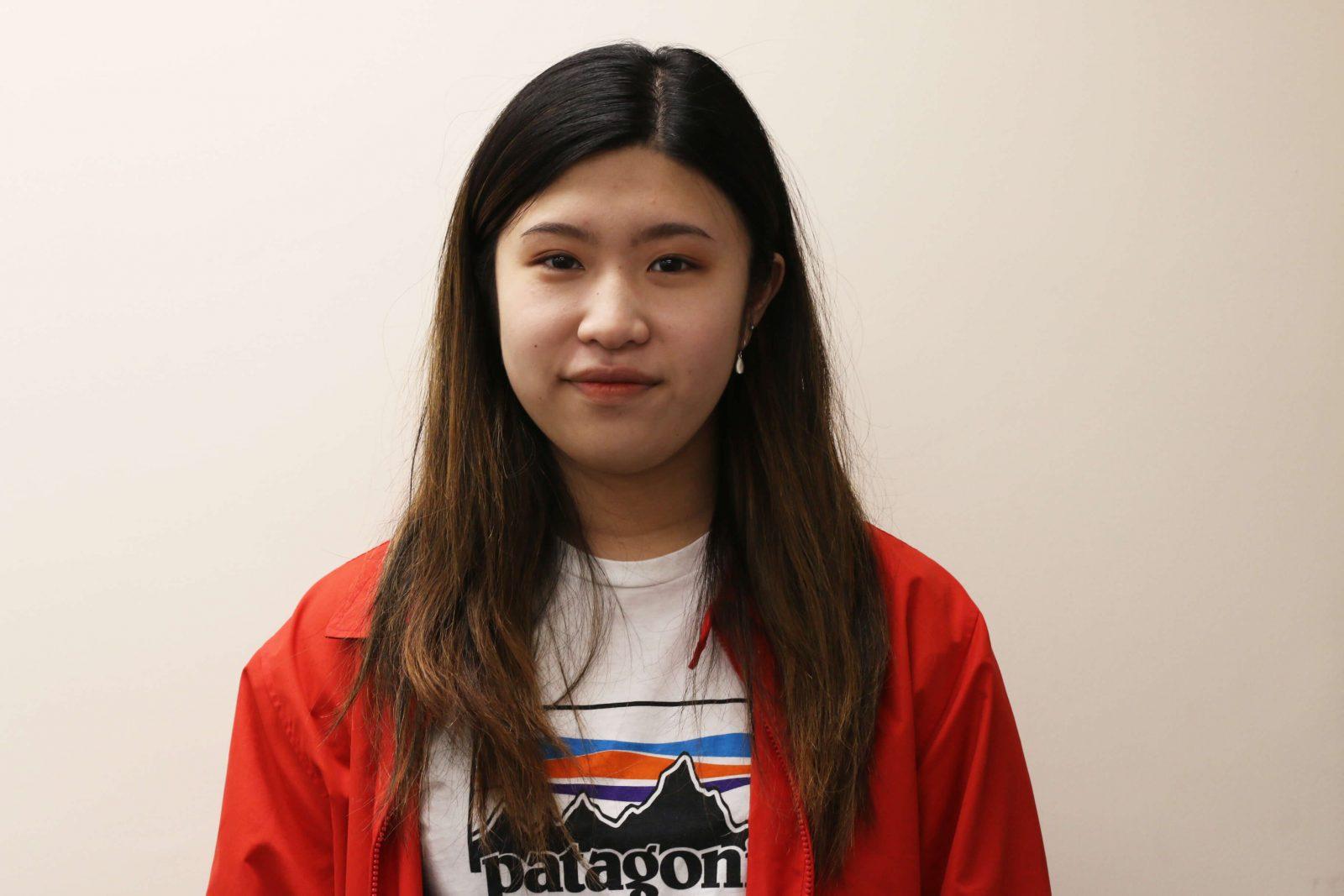Every time my mother says “I love you,” I half-jokingly feign discomfort. I appreciate her affection, but I feel like she’s speaking to me in a foreign language.
I find her “I love yous” burdensome because she presents them as quid pro quos. My mother understands our relationship as one where her efforts should be returned with gratitude — in this case, me saying “I love you” back. Yet, these do not feel like my words to say, which is partly a consequence of representation.
I’m not in the minority. Within the Asian American community, it is not unheard of for someone to feel unnatural saying “I love you.” Currently, it is a form of affection for us to try on with a great deal of self-consciousness. I envy those who can so casually throw out a “love ya” at the end of a phone call.
You can say, “We’re all American. What difference does it make that you happen to be Asian?” Not to beat a dead horse, but we have a different sort of relationship with our parents because of the literally and metaphorically back-breaking work they have done to give us opportunities they didn’t have.
The tit for tat expectation that children return the phrase diminishes what could be a sincere expression of gratitude into thoughtless affectation that glosess over the trials their parents faced.
This misconception — or, rather, a child’s internalization of it — is exacerbated by a lack of accurate representation. Historically, Asians in Hollywood have been one-note caricatures without the privilege of three-dimensional roles. Instead, we acted as the terrifying Yellow Peril, the effeminate servant and the hypersexualized object. We have effectively became those caricatures — to America and to ourselves.
We were deeply ashamed of it. We were deeply ashamed of our parents who seemed to inspire these characters. The words “I love you,” which are so often said between two white people on a screen, do not feel like our words to say.
Saying that being Asian American doesn’t make a difference is colorblind racism. Our treatment as unwelcome intrusions combined with strained relationships with our parents have infused the words we use with extra-textual meaning we must be cautious of.
Mom, please expand your definition of gratitude so “I love you” is no longer stuck in my throat.
























































































































